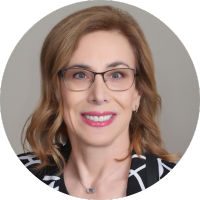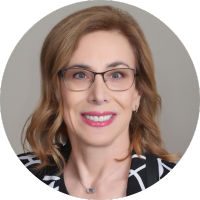
After working on strategic innovations and scientific collaborations within my organization and across the global agrochemical scientific community, I have recognized that three things have positively impacted my career.
1. Be Bold: Ask for What You Need
Have multiple “glass balls” in the air? How do you get it all done? Do you struggle in silence, working even more hours? No. Be bold and ask for what you need. Either you get additional resources because your project is indeed business critical, or you don’t and then work to align with leadership on what can be deprioritized. Either way, it is a win since you have clarity on the situation.
2. Pay Yourself First: Take Time for Development
Personal development is like a savings account with compound interest; investing regularly prepares you for the future. Sometimes, people deprioritize their development for short term business goals when they are “too busy.” This mindset is a fast path to burnout and establishes long-term stagnation. Make sure to pay yourself first and consistently set time aside for meaningful development.
3. Change Is Hard: Help Others See Your Vision
Science is a team sport. To shape the future, you must create a vision of what the future of science in your organization can look like and effectively advocate to stakeholders to enact change. Change, especially disruptive change, can be difficult. However, when teams are guided through the change process, they have the confidence to focus on enacting the vision for the future. I expanded my skills in leading change at the ACS Leadership Institute Leading Change course.

Leah Riter, PhD is a Senior Science Fellow and Global Technology Pipeline Manager in Regulatory Scientific Affairs at Bayer Crop Science, where she partners with Regulatory and R&D leaders, internal and external experts to evaluate safety and facilitate acceptance of new technologies. Before that, she held several positions of increasing responsibility in Environmental Safety where she led strategic innovations and technical aspects of analytical chemistry supporting human and environmental risk assessment.
In 2023 she was named a Fellow of the American Chemical Society for catalyzing change across the global agricultural scientific community with cross-sector and transdisciplinary collaborations and for shaping the future of the Agrochemicals Division and ACS through long-term, award-winning leadership.
The opinions expressed in this article are the author's own and do not necessarily reflect the view of their employer or the American Chemical Society.












